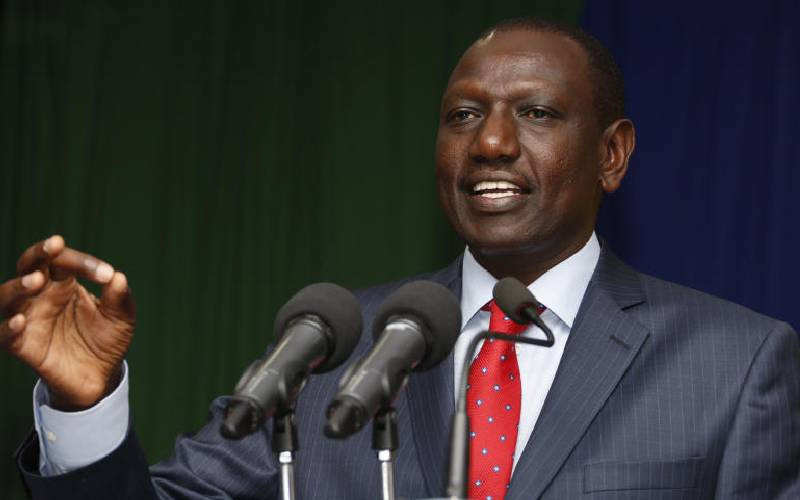×
The Standard e-Paper
Fearless, Trusted News

Dealmakers are set to rake in a fortune as the government moves with speed to implement the much-awaited privatisation of State-owned enterprises (SOEs).
The sale of the troubled agencies aims to improve their performance and fill the State's coffers amid high levels of public debt.